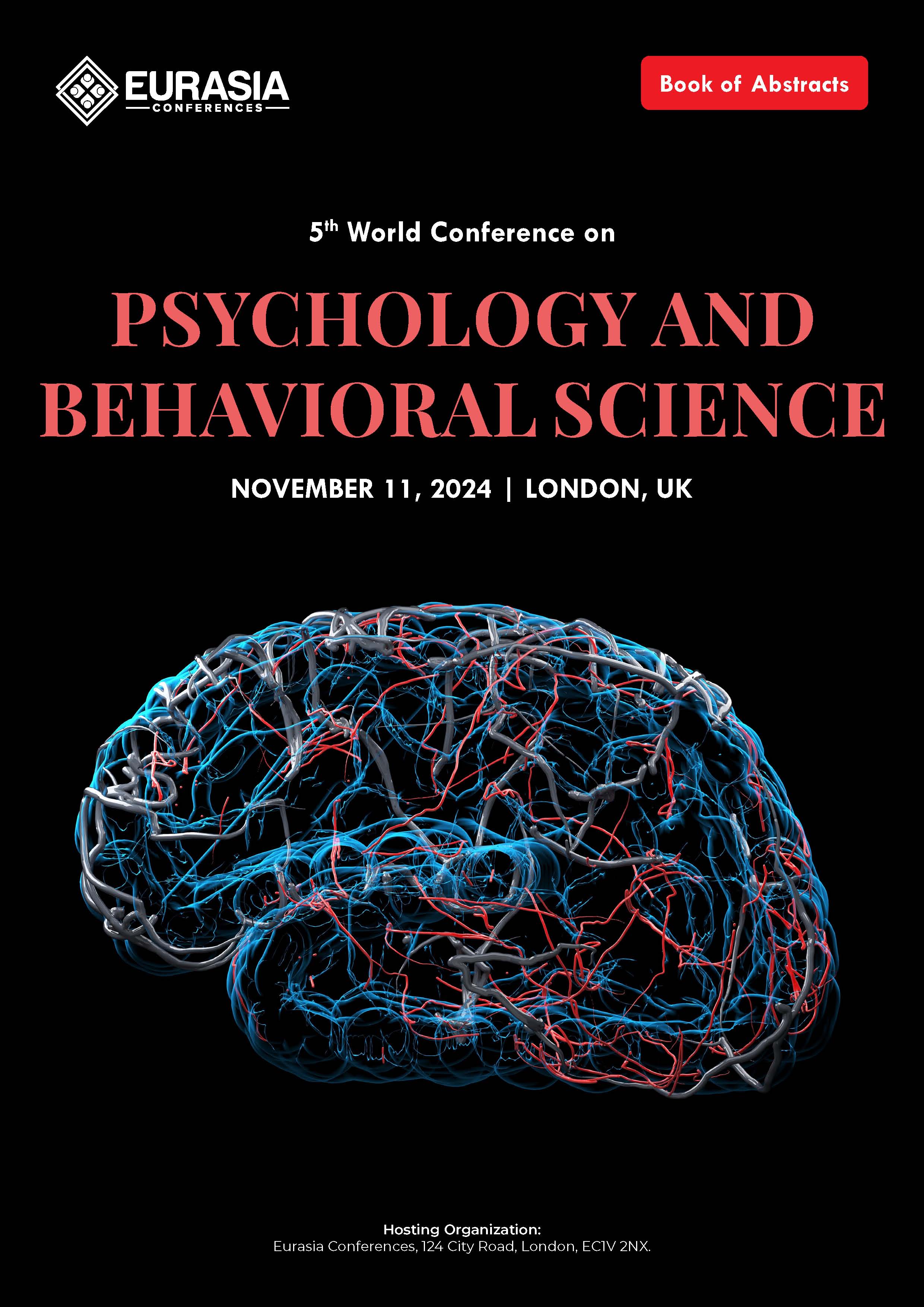
Prof. Laufer Avital
The study reports levels of post-traumatic stress disorder (PTSD) among 163 Israeli military reservists who were recruited to gather and identify the bodies and body parts of civilians and soldiers killed on the October 7th 2023 Hamas terror attack. Previous studies examining the effects of body handling have mostly been conducted among rescue workers, not allowing for a differentiation between the potentially traumatic effect of body handling and the effect of exposure to the traumatic rescue event itself.
Using the PCL-5 questionnaire and according to the DSM-5 criteria for PTSD, 20% were found to be at the clinical range of PTSD, a rate that is higher than rates from studies on rescue workers and body handlers after accidents or due to natural causes, and similar to findings among soldiers in high-conflict areas. Logistic regression indicated that a one-point increase in distancing emotion coping increased the odds for PTSD by 5.73 times and a one-point increase in perceived job difficulty increased the odds by 1.78.
The study points to the high traumatic potential of handling bodies. It also indicates that the use of distancing oneself from one’s emotions is highly non-adaptive. The research was conducted immediately after the body handlers finished their work, thus providing knowledge of the immediate effect of handling bodies.